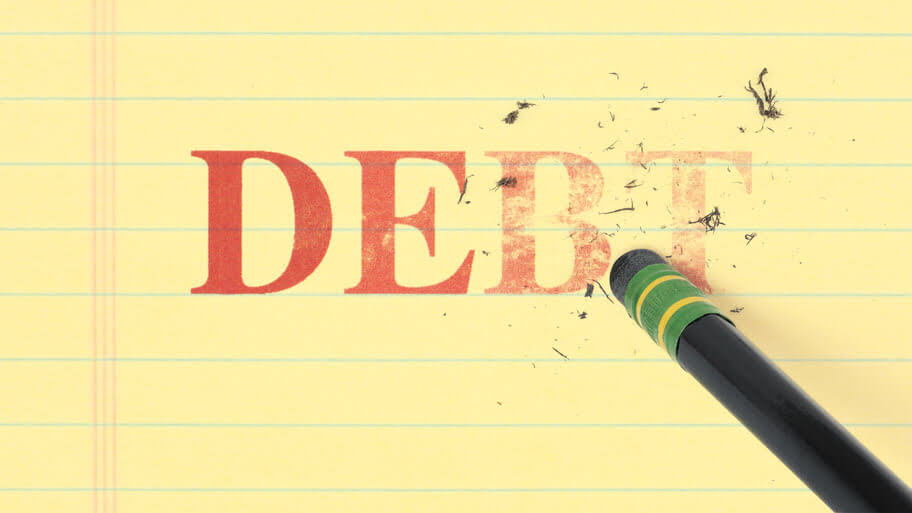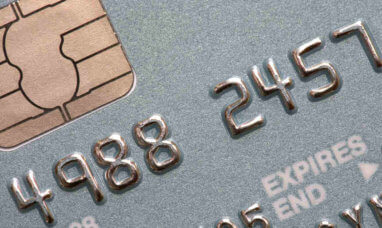It’s never ideal to have a credit charge-off on your credit reports. However, if you miss too many payments, you might end up with one. Credit charge-offs significantly affect your credit score and dealing with them can be confusing.
But what is a credit charge-off? How much does this hurt your credit score? Should you pay it off? Can you remove it from your credit reports? You will find answers to these questions, and more, below.
What Is a Charge Off?
A credit charge-off is a debt, for example on a credit card, that a creditor has given up collecting after the debtor – the person who borrowed the money – has missed payments for several months. Creditors typically bill accounts after they’ve been past due – with no payments expected – for six months.
When you have any type of debt payment to make, you could potentially end up with unpaid fees if your account becomes delinquent. This can happen with credit card debt, a mortgage, or installment loans like a car loan, personal loan, or student loan.
Regardless of the type of debt, a credit charge-off means that as a last resort, the creditor can decide that the debt is a loss to the business and designate it as a charged-off account.
But that doesn’t mean you’re off the hook. Even if your account is charged-off and the creditor declares it a loss, you are still responsible for repaying the debt. A charge is considered a derogatory entry on your credit report – a serious negative event – and can negatively impact your credit scores and your ability to borrow additional funds. The credit charge-off can remain on the credit history that appears on your credit reports for up to seven years from the date your first missed payment was reported.
Can I Get an FHA Loan With a Charge-Off?
Credit charge-offs do not affect your ability to qualify for an FHA loan, only traditional mortgages. You may be able to get a mortgage no matter what it looks like on your credit report if your credit score qualifies. FHA Charge Off Guidelines state that borrowers can qualify for an FHA loan with write-off accounts, regardless of the size of the write-off accounts.
What Is the FDCPA Statute of Limitations?
As a consumer, the burden of debt is not one you have to bear forever. The Fair Debt Collection Practices Act (FDCPA) attempts to prevent debt collectors from using unethical consumer collection methods by limiting when and how debts can be collected. This includes both how and for how long the debt is collected.
The FDCPA is a federal law that applies to personal debts such as credit card debt, medical debt, mortgages, and student loans. The FDCPA does not extend to company debt.
The FDCPA statute of limitations for filing a lawsuit refers to the specific number of years debt collectors can sue for an unpaid debt. Although limits may vary by state and type of debt, the standard is one year after the offense.
Is a Charge Off Worse Than a Repossession?
When you buy a car, house, or anything else of value, you can pay for it with a loan and pay off the loan in installments. If you don’t have enough revenue to meet your financial obligations, it may be difficult for you to make your loan payments. Your lender could repossess the asset, or could cancel the debt if you don’t pay. Because you also lose the asset, a repossession can be worse than a credit charge-off.
Even if repossession is involuntary, it leaves a bad mark on your credit report for seven years and will lower your chances of getting future credit. If you get credit, you will likely pay extremely high-interest rates.
Repossession is a double whammy: you lose financially because the lender can keep the money you’ve already paid, and the lender also gets the asset. In addition, the lender may charge you for repossession and storage costs, as well as any expenses they incur to prepare the asset for sale.
Lenders often try to sell repossessed properties to recoup the cost. However, you are still responsible for the loan. So if the sale price doesn’t cover the account balance, the lender could sue you for the rest. Although this does not happen frequently, the lender may sell the asset for more than you owe plus additional expenses, in which case that excess is yours. This means your debt is paid and you can move forward. In such an unlikely event, a credit charge-off would be worse, because you still have an outstanding balance on top of the stain on your credit report.
Should You Pay a Charge Off?
Even if the credit card issuer has declared a loss on your account, you are still responsible for repaying the debt. The creditor has the right to collect the debt and will likely try to collect it. The creditor could even assign or sell the debt to a third-party debt collector who will take over collection activities.
Rather than having the convenience of paying off your balance over time, the full balance of the charge is due. You may be able to negotiate a short-term payment plan with the creditor, but this is ultimately at the creditor or collection agency’s discretion. It all depends on how likely they think they will get the full amount from you.
You will not be responsible for paying any fees if the debt is discharged in bankruptcy or if the creditor cancels the debt. If you choose not to pay the charges, they will continue to be listed as an unpaid debt on your credit report. As long as fees remain unpaid, you may have trouble getting approved for credit cards, loans, and other credit-based services like an apartment.
The creditor or designated collection agent can sue you indefinitely for an unpaid credit charge-off. As long as the debt meets your state’s statute of limitations, they can even sue you for the debt.
How to Remove a Charge Off From Your Credit Report
One thing you can do is try to negotiate with the original lender. If the lender hasn’t sold the account, you can offer to pay off the entire debt in exchange for removing the credit charge-off note from your reports.
Some debt collectors may offer to remove the charge note from your credit reports. This is known as a “pay for delete” offer. However, since lenders are required to provide accurate and complete information, any “pay for delete” service is unlikely to succeed.
Otherwise, you can just wait. A credit charge-off should automatically be deleted from your credit reports after seven years.
Featured Image: Megapixl








